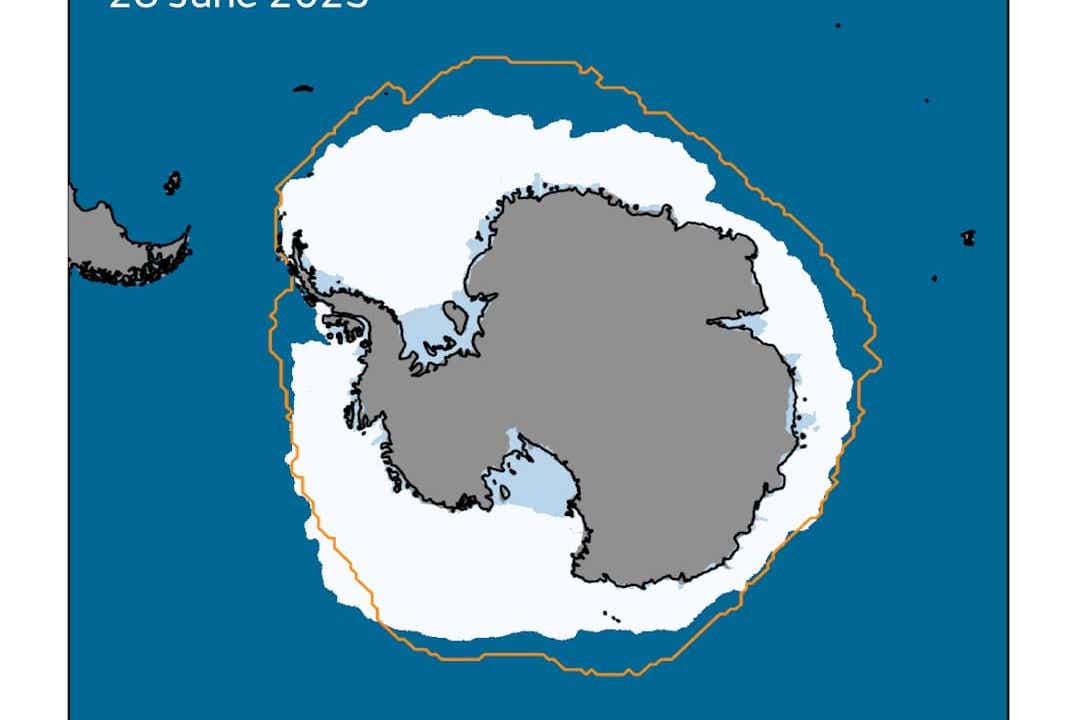Antarctic sea ice at record low for end of June, says Met Office
There is still time for the ice to recover before the typical yearly peak in September, but it could also become the lowest year on record.

Your support helps us to tell the story
From reproductive rights to climate change to Big Tech, The Independent is on the ground when the story is developing. Whether it's investigating the financials of Elon Musk's pro-Trump PAC or producing our latest documentary, 'The A Word', which shines a light on the American women fighting for reproductive rights, we know how important it is to parse out the facts from the messaging.
At such a critical moment in US history, we need reporters on the ground. Your donation allows us to keep sending journalists to speak to both sides of the story.
The Independent is trusted by Americans across the entire political spectrum. And unlike many other quality news outlets, we choose not to lock Americans out of our reporting and analysis with paywalls. We believe quality journalism should be available to everyone, paid for by those who can afford it.
Your support makes all the difference.Antarctic sea ice is at a record low for the end of June, the Met Office has said.
It is 1.3 million sq km (501,930 sq miles) below the previous low record for this time of year, an amount that is more than five times the surface area of the UK.
Dr Ed Blockley, who leads the Met Office’s Polar Climate Group, said: “Antarctic sea ice extent reaches a maximum around the end of September and a minimum around the end of February.
“At the end of June, the extent of sea ice should be building to a mid-point between the maximum and the minimum.
“However, this year the ice is expanding very slowly with the consequence that the extent is way below the long-term (1981-2010) average.
“The annual minimum extent in February 2023 was the lowest since satellite records began in 1979, just over one million sq km below the long-term average.
“The current extent is extraordinarily low: it is in excess of 2.5 million sq km (965,255 sq miles) below average for the time of year.”
Scientists believe that El Nino, a cyclical phenomenon which warms the tropical eastern Pacific Ocean and affects air temperatures worldwide, and anomalous atmospheric circulation patterns around Antarctica, could be preventing the sea ice from recovering as much as it usually does in winter.
Temperatures on the southern continent will continue to fall as winter advances which will give the ice more time to extend further.
Dr Blockley said: “It is too early to speculate whether ice extent will remain at extremely low levels. There is still time this season for the ice to recover but given the record lows we have seen we have to remain concerned about the likelihood of a record low winter maximum.”